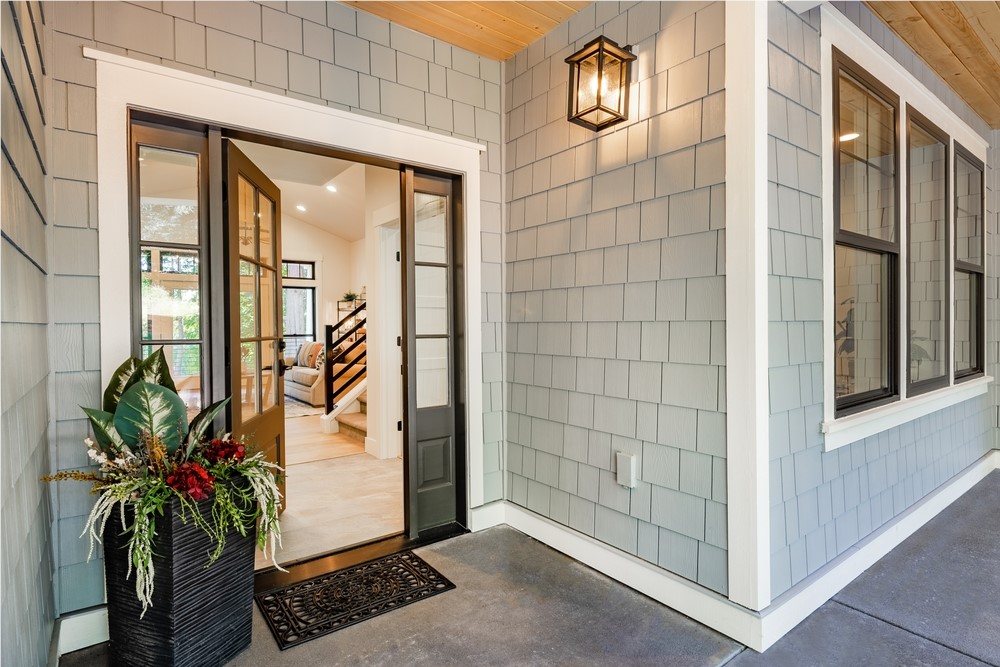 When new products are installed in your home, such as doors, siding, roofing, and windows, it is important to have them installed according to the manufacturer’s specifications. This ensures not only proper installation, it also guarantees that all of your products will be covered under the product warranty should the need arise later on to take advantage of it. Before homeowners hire a contractor to install any new products into their home, they should ask if the contractor is certified by the product manufacturer. Installation conducted without this certification may void the warranty for that product, leaving homeowners unprotected in the event of defect or failure. What a Manufacturer’s Warranty Covers
When new products are installed in your home, such as doors, siding, roofing, and windows, it is important to have them installed according to the manufacturer’s specifications. This ensures not only proper installation, it also guarantees that all of your products will be covered under the product warranty should the need arise later on to take advantage of it. Before homeowners hire a contractor to install any new products into their home, they should ask if the contractor is certified by the product manufacturer. Installation conducted without this certification may void the warranty for that product, leaving homeowners unprotected in the event of defect or failure. What a Manufacturer’s Warranty Covers In general, a manufacturer’s warranty guarantees that a certain product is free from defects and will perform its function for a specific period of time. During that time, if a defect is discovered or issues arise not related to normal wear and tear, then the manufacturer will replace the product, reimburse the customer, or provide whatever compensation is specified in the warranty. However, to claim the benefits of the warranty, customers have to ensure they use the product according to its specifications and that it was properly installed according to the manufacturer’s standard.
How Contractors are CertifiedPrecise certification requirements vary from manufacturer to manufacturer. Generally, certification requires that contractors carry certain insurances, maintain a certain standard of quality or code of conduct, carry the proper licenses to operate in the state, and participate in one or more manufacturer training sessions for a particular product. Contractors may also be required to provide a record of high-quality installation work or have been in operation for a certain period of time. Regardless of exactly what is required, manufacturers perform a quality check on their certified contractors to ensure they are able to properly install their products. In addition to installation, manufacturer-certified contractors know how a product operates under different conditions, what functions it performs, and how to maintain and repair it. They may also be able to offer extended product warranties not available from non-certified contractors.
While a non-certified contractor may still do a decent job of installing your replacement windows and doors, you may not get the full benefit of the warranties available. Maybe a friend can do the work at a discount, but this may cost you in the long-run if you lose your product warranty and discover a defect later. The safest route is to ask contractors about their manufacturer’s certification before you hire them to perform an installation.
Subscribe to Legacy Remodeling's Blog











Comments